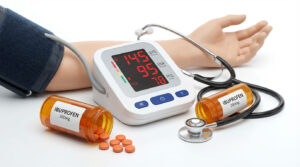One of the most dreadful of diseases mankind has witnessed, whose draconian treatment is as painful as the suffering it brings, making the affected individual weary and helpless, is Cancer. Even if you don’t drink alcohol or get involved in substance abuse, a gene switch is all it takes for your body cells to turn up against you, and proliferate abnormally without halting, appearing with dreary cancers of breast, colon, blood, lung, etc. Cancers of all kinds have been heard, talked about, and researched upon, but cancers emanating from the Heart are widely researched, and are generally less talked upon, thus lack awareness.








